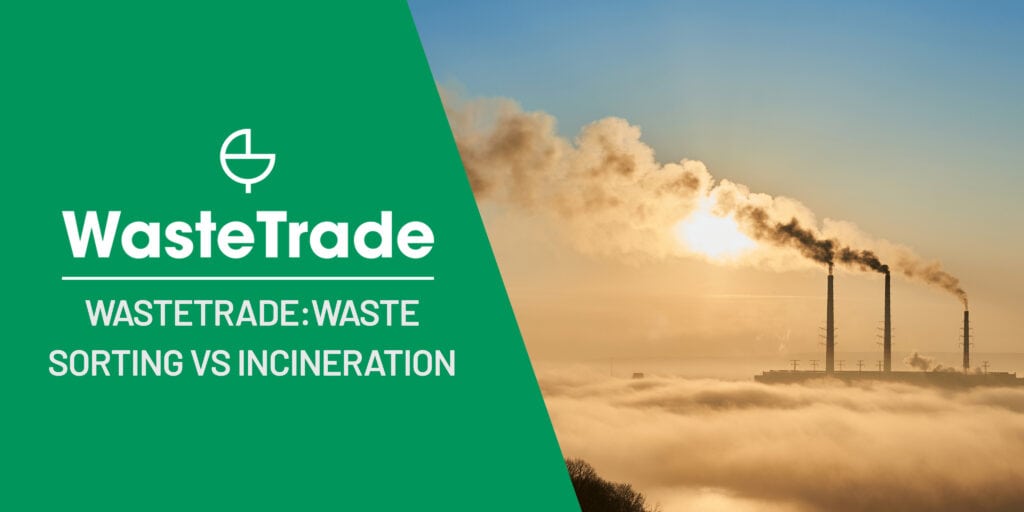Лют 7, 2024
Waste Sorting More Cost-Effective Than Incineration | Emissions Reduction

A recent study conducted by Zero Waste Europe (ZWE) and Equanimator has shed light on the potential of mixed waste sorting as a cost-effective solution for reducing greenhouse gas (GHG) emissions. The research, aptly titled “Materials or Gases? How to Capture Carbon,” compared the effectiveness and costs associated with Carbon Capture and Storage (CCS) and mixed waste sorting.
Balancing Cost in Emissions Reduction
The study found that while incineration with CCS can indeed achieve significant emission reduction, the costs associated with this method are considerably higher. So much so, the study describes them as “somewhat unaffordable”.
On the other hand, leftover mixed waste sorting was found to be a more affordable and operationally flexible approach to significantly reduce GHGs from incineration. The study points out that this method offers a “rapid and cost-effective approach” to managing the climate burden of incinerators.
A Step-by-Step Approach Towards Sustainable Practices
In response to their findings, ZWE recommends the EU adopt a “step-by-step approach”. They urge the prompt and extensive use of leftover mixed waste sorting. They also suggest implementing CCS only in facilities where it is projected to be necessary in the future.
Dominic Hogg, Director of Equanimator, shared his insights on the study’s findings. He said, “The sorting system stands out as the most cost-effective method for achieving system-wide reductions in CO2 emissions. Conversely, CCS emerged as the least cost-effective means.”
Hogg further emphasised the importance of adopting a holistic perspective. He advised policymakers and waste managers to ensure that focusing solely on incineration emissions does not deter the implementation of sorting systems, especially at operational facilities in the future.
The Power of Collective Action
The sentiment resonates with 23 environmental non-governmental organisations, including ZWE. These organisations have signed a position paper arguing against the mandatory implementation of CCS in waste incinerators. They argue that increasing recycling rates, managing the overcapacity of incinerators, and mixed waste sorting will be more effective strategies.
WasteTrade’s Perspective
WasteTrade, as a platform connecting waste producers with waste processors and recyclers, strongly supports the findings of this study. The emphasis on mixed waste sorting aligns with their goal of promoting responsible waste management and recycling.
WasteTrade believes in fostering a circular economy where waste is seen not as a problem but as a resource. This mindset, coupled with the right infrastructure and practices like mixed waste sorting, can significantly reduce our carbon footprint and contribute to a more sustainable future.
Incinerating waste might not be as harmful as disposing of the waste in landfill where it can pollute the natural environment, but it does mean we lose the material from the economy. New natural resources must be extracted to produce materials to replace those that were incinerated; this process takes a significant toll on the environment. Sorting mixed waste so that it can be recycled avoids this as the material is kept in use within the economy.
The study’s findings underscore the importance of a holistic approach to waste management. By prioritising cost-effective and operationally flexible solutions like mixed waste sorting, we can make significant strides towards a greener, more sustainable future.





